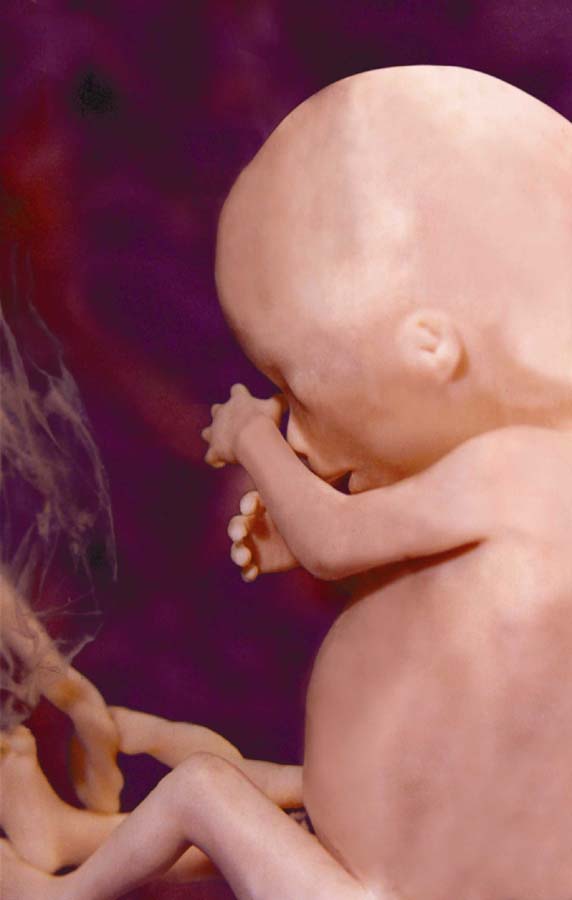With every passing decade, new scientific studies are proving that unborn children can indeed feel pain in the womb — and at far earlier stages than previously thought.
Exactly when this physiological milestone happens is still being researched, but it is certainly earlier than the late-stage claims of most pro-choice advocates. The American College of Obstetricians & Gynecologists, for example, posts on their website that “a human fetus does not have the capacity to experience pain until after at least 24–25 weeks.”
British researcher Stuart Derbyshire, meanwhile, has consulted with Planned Parenthood and other abortion groups as a stalwart abortion supporter. In 2006, he even claimed there was “good evidence that fetuses cannot experience pain.” Yet by 2020, Derbyshire had changed his tune. Alongside John Bockmann, a pro-life physician’s assistant in the U.S. Army, Derbyshire published “Reconsidering Fetal Pain” in the Journal of Medical Ethics.
The unlikely pair wrote:
Arguably, there never was a consensus that fetal pain is not possible before 24 weeks. Many papers discussing fetal pain have speculated a lower limit for fetal pain under 20 weeks’ gestation. We note in passing that vote counting and consensus is perhaps not the best way to decide scientific disputes. Regardless of whether there ever was a consensus, however, it is now clear that the consensus is no longer tenable….
[C]urrent neuroscientific evidence undermines the necessity of the cortex for pain experience. Even if the cortex is deemed necessary for pain experience, there is now good evidence that thalamic projections into the subplate, which emerge around 12 weeks’ gestation, are functional and equivalent to thalamocortical projections that emerge around 24 weeks’ gestation. Thus, current neuroscientific evidence supports the possibility of fetal pain before the “consensus” cut-off of 24 weeks.
Their overview concluded with these words:
Overall, the evidence, and a balanced reading of that evidence, points towards an immediate and unreflective pain experience mediated by the developing function of the nervous system from as early as 12 weeks.
We may doubt whether the fetus (or an animal) ever feels anything akin to pain, but acting as if we have certainty flirts with a moral recklessness that we are motivated to avoid.
And this conclusion is from a pro-choice scientist!
According to The Charlotte Lozier Institute, the basic anatomical organization of the human nervous system is in place by six weeks. Nerve synapses for spinal reflex are in place by 10 weeks and pain receptors begin forming at seven weeks.
Unborn babies undergoing surgery, meanwhile, are routinely given anesthesia from the second trimester on, and they have been observed noticeably grimacing in pain via ultrasound when exposed to painful stimuli like needles.
As Ruth Grunau, a pediatric psychologist at the University of British Columbia, said, “We would seem to be holding an extraordinary standard if we didn’t infer pain from all those measures” for unborn babies at far earlier stages than previously claimed.





